Bradycardia: Slow Heart Rate Explained
Bradycardia refers to a slower-than-normal heart rate, usually defined as fewer than 60 beats per minute. While it can be normal in some people—especially athletes—bradycardia can also be a sign of an underlying heart rhythm problem.
At Dr Li’s private cardiology clinic in London, we provide expert assessment and treatment for patients experiencing bradycardia and other heart rhythm concerns. If you’re feeling unusually tired, lightheaded, or noticing a slow heartbeat, a full cardiac evaluation can provide reassurance and effective treatment where needed.
What Is Bradycardia?
Bradycardia means your heart is beating more slowly than expected. In many cases, this is completely normal—particularly in fit and healthy individuals whose hearts are very efficient. However, if the heart is not pumping out enough blood to meet the body’s needs, bradycardia can cause a range of symptoms and may require medical attention.
Common Causes of Bradycardia
Bradycardia can occur for a variety of reasons, including:
Age-related changes to the heart’s electrical system
Heart block (a problem with the electrical signals from the atria to the ventricles)
Sick sinus syndrome (a condition where the heart’s natural pacemaker doesn’t work properly)
Hypothyroidism (underactive thyroid)
Certain medications, including beta-blockers and calcium channel blockers
Sleep apnoea
Electrolyte imbalances
Heart surgery or previous heart damage
Symptoms of Bradycardia
Some people with bradycardia experience no symptoms at all, particularly if the slow heart rate is due to high fitness levels. However, others may experience:
Fatigue or tiredness
Dizziness or lightheadedness
Fainting or near-fainting episodes
Shortness of breath
Confusion or memory problems
Chest pain (in some cases)
If these symptoms are affecting your quality of life, it’s important to seek evaluation from a cardiologist.
Is Bradycardia Dangerous?
Bradycardia can be harmless in some cases, especially in healthy individuals or during sleep. However, if the heart beats too slowly to supply the body with adequate blood and oxygen, it can become serious and may lead to:
Fainting episodes due to low blood pressure
Heart failure
Cardiac arrest (in very rare cases)
Early diagnosis is key to identifying the cause and determining whether treatment is needed.
How Bradycardia Is Diagnosed
At Dr Li’s private cardiology clinic in London, we offer rapid access to advanced cardiac testing to investigate bradycardia and other rhythm issues. Tests may include:
Electrocardiogram (ECG) to measure heart rhythm
24-hour Holter monitor to track heart rate over a full day
Event recorder for intermittent symptoms
Echocardiogram (heart ultrasound) to assess heart structure and function
Blood tests, including thyroid function and electrolyte levels
These investigations help Dr Li determine whether your bradycardia is normal, temporary, or related to a more serious condition.
Treatment Options for Bradycardia
Treatment depends on the cause and severity of bradycardia. In some cases, no treatment is needed—just regular monitoring. When bradycardia causes symptoms or is linked to an underlying condition, options may include:
1. Medication Review
If medications are contributing to a slow heart rate, your treatment plan may be adjusted.
2. Pacemaker Implantation
In cases of significant or symptomatic bradycardia—particularly heart block or sick sinus syndrome—a pacemaker may be recommended. This small device is implanted under the skin and helps regulate your heart rate by sending electrical impulses when needed.
Dr Li is experienced in assessing and referring patients for pacemaker implantation when appropriate, and will discuss the benefits and risks clearly with you.
Book a Private Cardiology Appointment in London
If you’re concerned about a slow heartbeat, dizziness, fatigue or blackouts, don’t delay. Bradycardia can often be easily diagnosed and treated.

